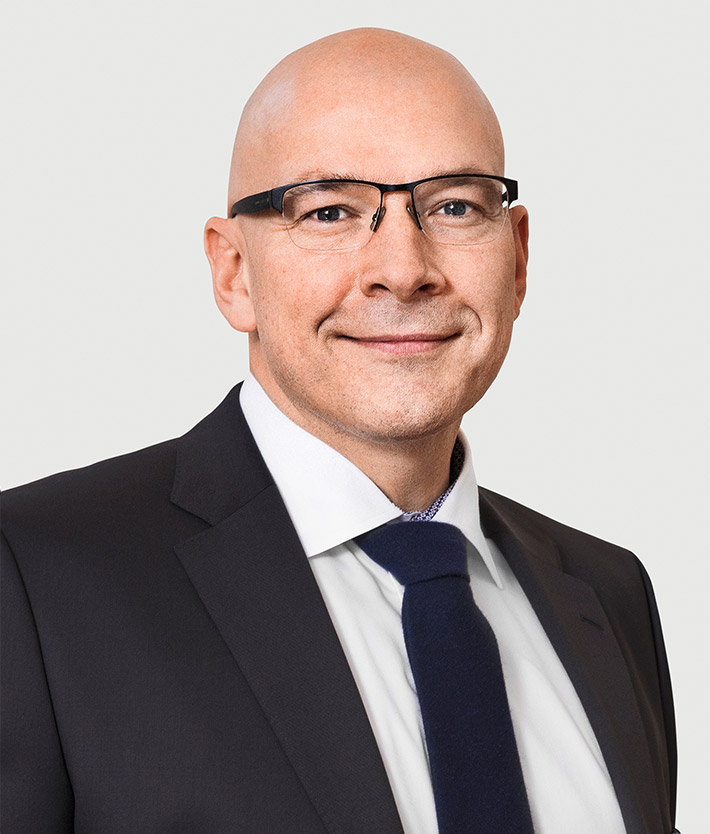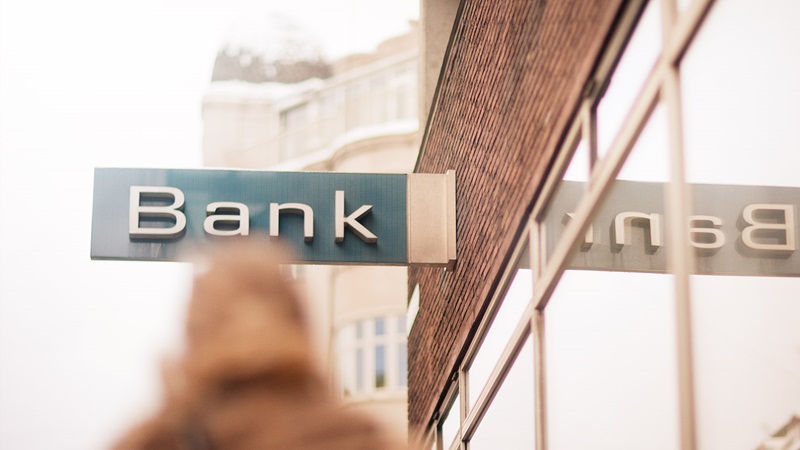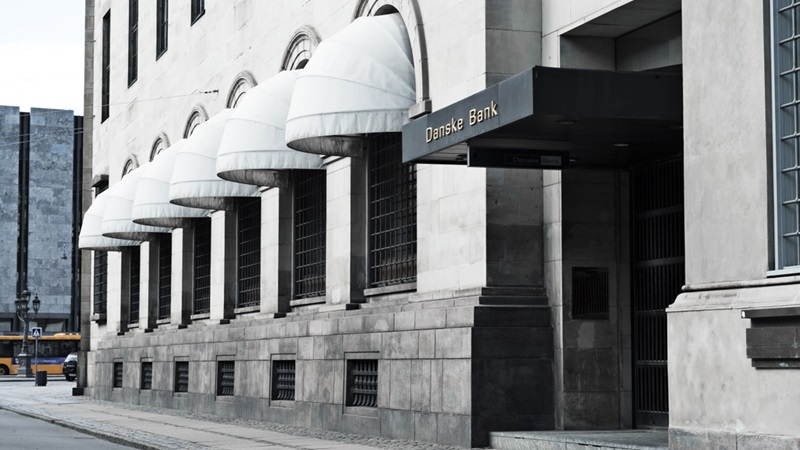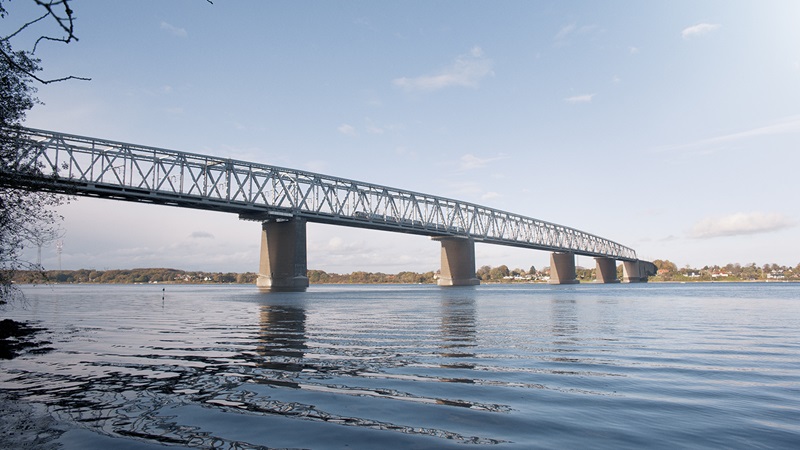Net profit of DKK 3.0 billion. Return on shareholders’ equity of 7.7%.
Danske Bank has announced its financial results for the first quarter of 2019.
Jesper Nielsen, Interim Chief Executive Officer, comments on the financial results:
“The first three months of the year brought continued growth in lending. This is evidence of good underlying developments across our business. Overall, however, we had a difficult financial start to the year, which fundamentally came down to three things: Despite increased lending, net interest income fell because of higher funding costs and pressure on interest margins. Furthermore, the considerable investments we are making, in the compliance area for example, affected costs. Finally, impairments rose from the level in the first quarter of last year. Credit quality remained good, and in view of economic trends, we took a cautious approach to lending in Denmark. During the quarter, we launched a number of initiatives for both commercial and retail customers – including the first green bond issue in Denmark. The Estonia case continues to require considerable management attention, including the ongoing investigations and our efforts to restore trust in us.”
The report is available at danskebank.com. Highlights are shown below:
First quarter 2019 vs first quarter 2018 The Danske Bank Group delivered a net profit for the first quarter of 2019 of DKK 3.0 billion, representing a fall of 39% from net profit for the first quarter of 2018. The decline was due primarily to higher impairments, increased expenses and lower net interest income caused by pressure on margins and increased funding costs. Growth in lending continued, especially in Sweden, Norway and Finland.
The return on shareholders’ equity after tax was 7.7%, against 12.6% in the first quarter of 2018.
Total income amounted to DKK 10.8 billion, a decrease of 6% from the level a year earlier:
- Net interest income totalled DKK 5.5 billion, a decrease of 7%. Net interest income benefited from the growth in lending, but this effect was offset by pressure on margins in Norway and Sweden, intense competition on all markets and higher funding costs. In the first quarter of 2019, Danske Bank obtained more than half of the funding estimated to be needed for the year as a whole.
- Net fee income amounted to DKK 3.9 billion, an increase of 3% from the level in the first quarter of 2018. The increase was the result mainly of income from SEB Pension Danmark.
- In terms of net trading income, conditions in the financial markets improved from those prevailing in the fourth quarter of 2018. Net trading income fell 9%, however, from the level in the first quarter of 2018 and amounted to DKK 1.3 billion. The decrease was caused, among other things, by negative developments in value adjustments at Corporates & Institutions and regulatory one-off expenses of DKK 140 million in Danica Pension.
- Other income amounted to DKK 0.1 billion, against DKK 0.3 billion in the first quarter of 2018. Other income was adversely affected by a lower risk result in the health and accident business in Danica Pension.
Operating expenses amounted to DKK 6.1 billion, an increase of 9% from the level in the first quarter of 2018. The increase was in line with our expectations and was due primarily to investments in the compliance area, including costs related to the Estonia case, as well as investments in further anti-money laundering measures and digitalisation. We maintain a strong focus on cost efficiency in all areas of the Group.
Overall, credit quality remained solid despite higher loan impairment charges, as we maintained our focus on credit quality while benefiting from good macroeconomic conditions. Loan impairments amounted to a net charge of DKK 357 million for the first quarter of 2019, against a net reversal of DKK 330 million in the same period of 2018. The increase in loan impairments was caused by lower reversals and increased impairments against agricultural exposures in Denmark and a few large individual exposures.
Lending was up 1% from the level at the end of 2018, and deposits were up 2%. The increase in lending was driven primarily by Banking Nordic, which saw good growth in Norway, Sweden and Finland as well as continued growth in Denmark.
Developments at business units
Banking DK delivered a profit before tax of DKK 1.3 billion, which represented a fall of 36% from the same period last year. Lending growth was good, but the result was affected by higher impairment charges and higher costs for regulatory requirements and compliance as well as intense competition and persistently negative interest rates.
Banking Nordic started the year with good customer activity and delivered total income of DKK 2.5 billion. Despite the good level of customer activity, this represented a decrease of 6% from the level in the same period in 2018. The decrease was caused mainly by a decline in net interest income due to higher general interest rates in Norway and Sweden, which put pressure on interest margins. Profit before tax decreased 25% to DKK 1.2 billion, mainly because of higher costs for regulatory requirements and compliance.
Corporates & Institutions generated a profit before tax of DKK 1.1 billion, thus seeing a decrease of 27% from the level in the first quarter of 2018. The underlying business was stable, however, and the decline reflects increased loan impairment charges, the transfer of the portfolios in the Baltics and Russia to the Non-core unit, and negative developments in value adjustments.
Wealth Management posted a profit before tax of DKK 0.7 billion, which was a decrease of 16% from the level in the first quarter of 2018. Trading income was to a significant degree negatively impacted by a regulatory change to the discount curve for life insurance provisions, whereas conditions in the financial markets had a positive impact on performance. The increase in operating expenses was due mainly to the operation of SEB Pension Danmark, which was acquired in June 2018.
Danske Bank in Northern Ireland achieved a 63% increase in profit before tax (in local currency) as a result of higher income and a net loan impairment reversal. Despite continued Brexit uncertainty, the bank saw high activity and growth in lending.
Investigations into possible money laundering
On 7 February, Danske Bank was placed under formal investigation (“mise en examen”) in France in connection with an ongoing criminal investigation and on the grounds of money laundering suspicions relating to certain transactions in the terminated portfolio of non-resident customers at Danske Bank’s branch in Estonia.
On 21 February, we announced that we are in dialogue with the U.S. Securities and Exchange Commission (the SEC), which is carrying out a criminal investigation in relation to the case of possible money laundering at Danske Bank’s branch in Estonia.
We remain under investigation by the Danish FSA and the Estonian FSA, the Danish State Prosecutor for Serious Economic and International Crime (SØIK), the Estonian Office of the Prosecutor General and the U.S. Department of Justice. We continue to cooperate fully with all authorities.
In addition to these investigations, a number of lawsuits have been filed against Danske Bank.
We continue our work to rebuild trust among all our stakeholders following the Estonia case, and we are continuing our efforts to reach out to customers and other stakeholders to ensure that all questions are addressed.
Trend in customer numbers and satisfaction scores
In the first quarter of 2019, we saw an outflow of approximately 8,500 NemKonto customers in Denmark, equivalent to 0.6% of our NemKonto customer base in Denmark. This should be seen in view of an outflow of around 9,900 NemKonto customers in the fourth quarter of 2018.
Customer satisfaction scores were stable at end-2018 levels among both retail and commercial customers, although scores are still below the levels seen before the Estonia case. We continue to focus on improving customer satisfaction in all areas and on giving customers a best-in-class experience.
Closing of banking activities in the Baltics and Russia
On 19 February 2019, we announced the closing of all our banking activities in the Baltics and Russia. In Estonia, the FSA has ordered Danske Bank to cease all banking operations there within eight months. In Latvia, Lithuania and Russia, the decision follows from our strategy of focusing on our Nordic core markets. All banking activities in the Baltics and Russia have been transferred to our Non-core unit.
Capital position remains strong
Our capital position remained strong with a total capital ratio of 21.8% and a CET1 capital ratio of 16.7%.
On the basis of fully phased-in rules, our CET1 capital ratio stood at 16.5% versus our current fully phased-in regulatory CET1 capital requirement of 14.0%. Our targets in the short to medium term are to have a total capital ratio of above 20% and a CET1 capital ratio of around 16%. Consequently, both ratios are above regulatory requirements and our own targets.
Outlook for 2019
The outlook has been changed from Annual Report 2018.
We now expect net interest income to be lower than the level in 2018, as volume growth will be more than offset by higher funding costs and margin pressure.
Net fee income is still expected to be higher, due mainly to the effect of the acquisition of SEB Pension Danmark and subject to customer activity.
Expenses are still expected to be at around the level in 2018, including the donation of DKK 1.5 billion, due to higher costs related to anti-money laundering, SEB Pension Danmark, VAT and a higher activity level. The outlook includes costs of DKK 0.3 billion earmarked for AML digitalisation efforts.
Loan impairments are still expected to be higher.
We continue to expect net profit for 2019 to be in the range of DKK 14-16 billion. However, this now includes the expected gain on the sale of Danica Pension Sweden of approximately DKK 1.3 billion, subject to closing of the transaction.
The outlook is subject to uncertainty and macroeconomic developments.
We maintain our long-term ambition of being in the top three among major Nordic peers in terms of return on shareholders’ equity.
Danske Bank






.jpg?h=450&iar=0&mw=800&w=800&rev=061ae96123934279957318ab4335f0c3&hash=25BBA7F44CA73D913A83796A8B8F9093)




